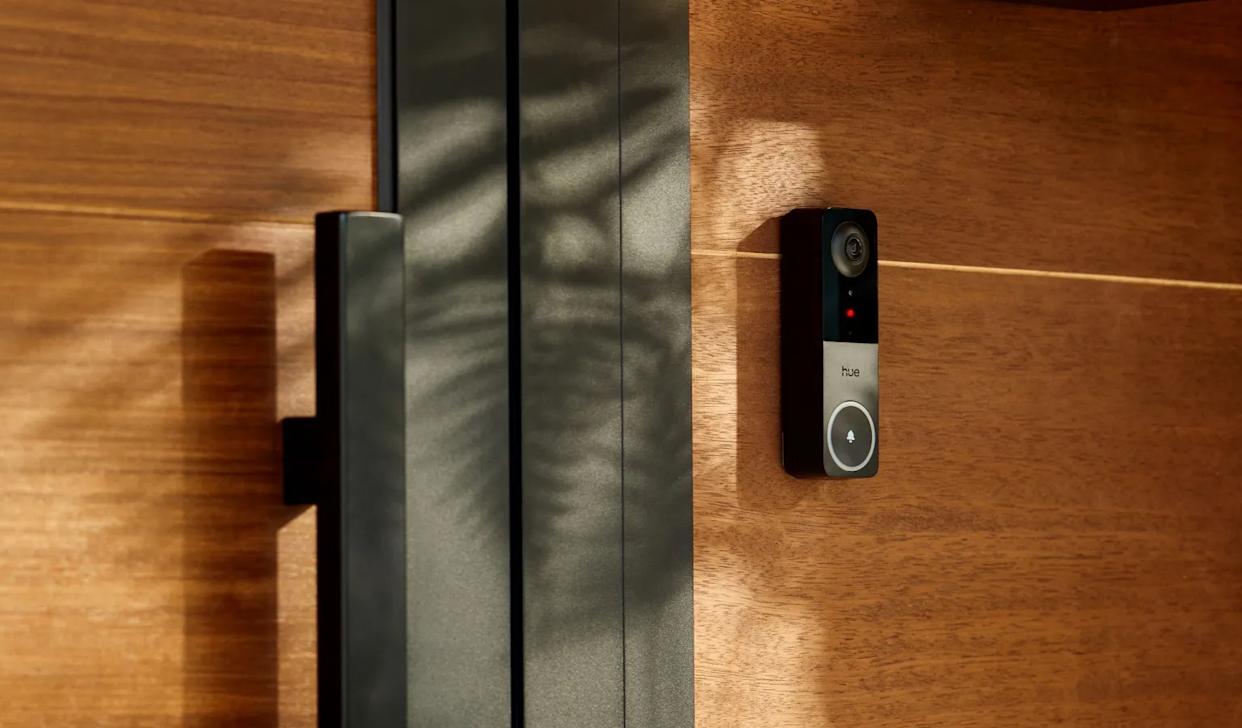Dengue has struck the Big Island as the count of afflicted persons rose to 223 on Friday. Emergency measures are being taken, and the Department of Land and Natural Resources has closed the Waipio Valley access road and closed the Muliwai hiking trail and its Waimanu Valley campground. The Muliwai trail sits on the far cliff side of Waipio Valley, and both the closed location can be accessed through Waipio Valley.
The closure of the Big Island road, campground and hiking trail has been taken to halt the spread of dengue fever outbreak which has afflicted 223 residents till Friday. According to Hawaii Department of Health, five of these cases could be potentially infectious.
Earlier on Thursday Hawaii County’s Civil Defense Agency had stopped traffic towards the Waipio Valley Access Road and restricted access only to residents. According to the administrative officer with Civil Defense John Drummond, the Waipio Valley could be off limits for months as the county health officials battle the spread of the mosquito-borne virus across the tourist hotspot.
Health officials had limited access to Milolii and Honomalino Bay, which was ‘hotspots’ for mosquito-borne virus. The spot could be off limits for eight to 12 weeks after the last case is identified but it could be longer also. Authorities want to ensure that all mosquitoes infected with Dengue virus have died out before tourists are allowed back.
Campers with permits are being contacted by DLNR’s Division of Forestry and Wildlife, and no fresh permits are being issued as per a press release on Friday afternoon.
Dengue is a disease caused by a virus spread by mosquitoes. Symptoms include high fever, severe headaches, joint pain, rashes, and muscular pain. If a person has any of the above symptoms, he must immediately contact his health provider. Dengue fever is not spread directly from person to person.







Add Comment